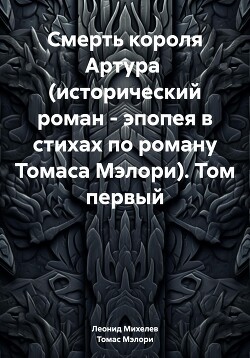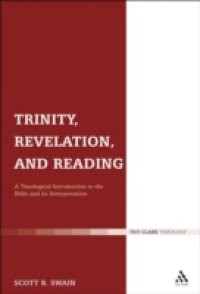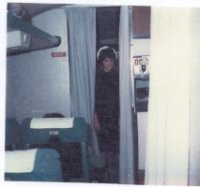The author reports on a qualitative, action-research project on theories and practices in foreign language education. The goal of the study was to relate the knowledge of foreign language teaching, learning, and acquisition gained through research to the beliefs and experiences of expert foreign language teachers. The four participating teachers represent real teachers who distinguish themselves from their peers for their excellence in teaching foreign languages and their success in serving as clinical teachers. Four theoretical issues are discussed in detail: the proficiency movement; the role of input; teaching language in context; and class participation, motivation, and discipline. These aspects were selected because (1) they pose major challenges to foreign language interns and (2) they play an essential role in the learning-acquisition process of second language students.The major contribution of this study is the integration of the theoretical and practical dimensions. The practical aspect is presented by the expert foreign language teachers who describe in their own words how and explain why they implement a given foreign language theory in their classrooms. This integration provides foreign language teachers with a realistic view of foreign language education and establishes a dialogue between the university and the school communities. A significant number of excerpts from discussion-interview sessions conducted with the teachers are included.




 8.75 (4)
8.75 (4) 











